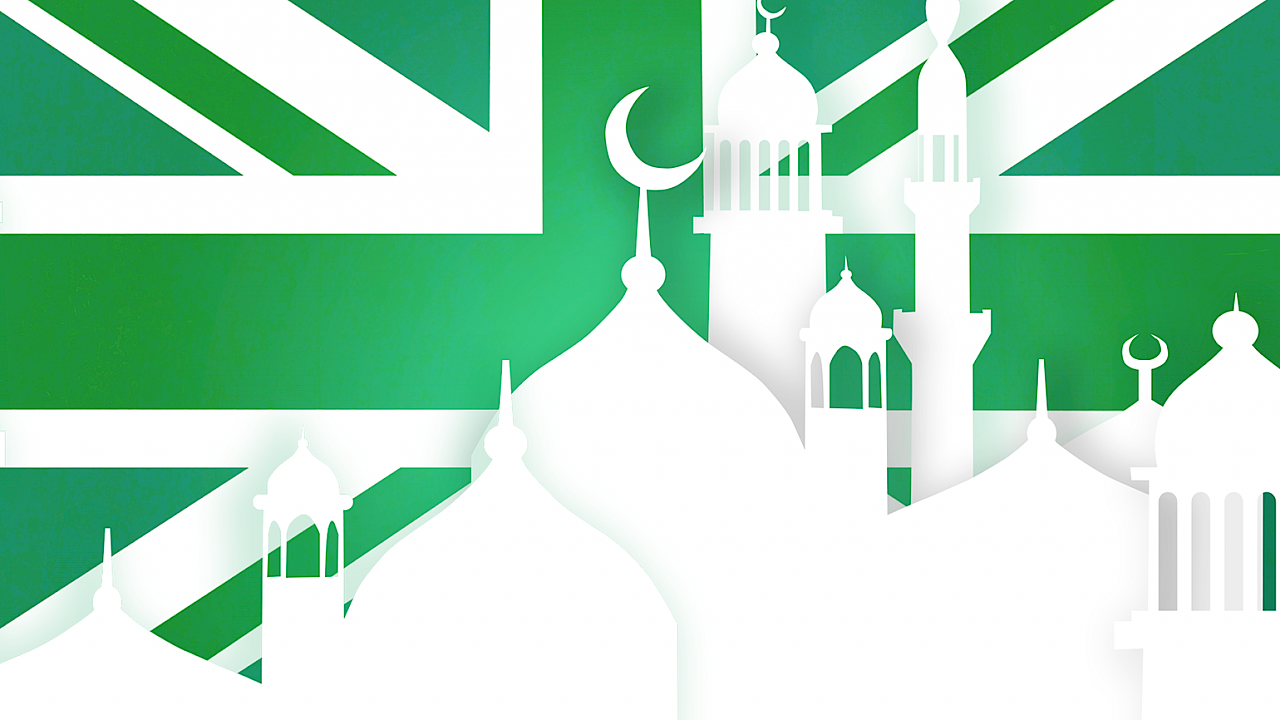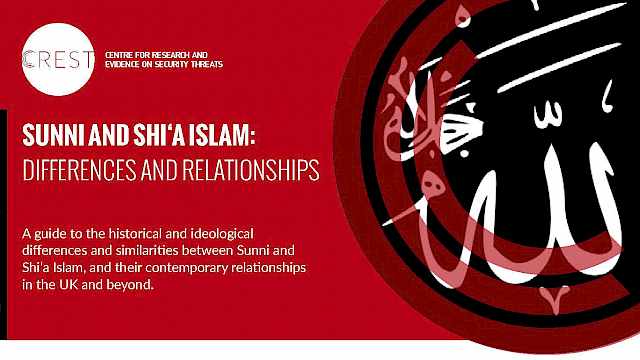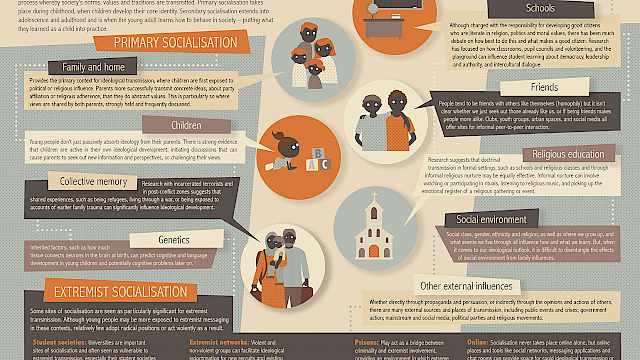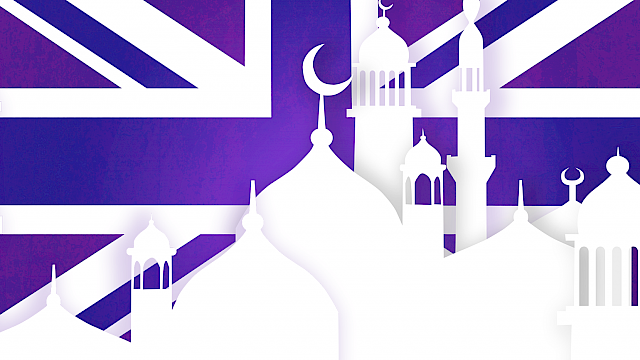Mosques provide space for daily prayer, the weekly Jum’a and other community gatherings. They offer Qur’an classes for children, and the larger ones host Shari‘ah Councils.
Key points
Approximately 85 per cent of British Muslims are Sunni; 15 per cent are Shi‘a.
In 2017, there were 1,825 mosques in the UK. The majority were associated with South Asian reform movements (72 per cent). Drawing on Middle Eastern traditions, 9 per cent were Salafi, with 3 per cent representing mainstream Arab or African Sunni Islam. Around 6 per cent were run by and for Shi‘as (including Ismailis). The remainder were non-sectarian prayer rooms.
In 2017, 72 per cent of mosques had facilities for women, though the nature and extent of these varied.
Mosques provide space for daily prayer, the weekly Jum’a and other community gatherings. They offer Qur’an classes for children, and the larger ones host Shari‘ah Councils.
Internal mosque disputes concern management and election issues. At times, conflicts also take place between neighbouring mosques or mosques of different sects.
Mosques have become a target for hate crimes.
Although many mosques are religiously conservative, few have been linked to jihadi extremism, a key exception being Finsbury Park Mosque in north London.
The suitability, training, and standards of mosque leadership have been discussed within Muslim communities and by Government with a review published in 2010 on Muslim Faith Leaders.
Copyright Information
As part of CREST’s commitment to open access research, this text is available under a Creative Commons BY-NC-SA 4.0 licence. Please refer to our Copyright page for full details.
IMAGE CREDITS: Copyright ©2024 R. Stevens / CREST (CC BY-SA 4.0)






